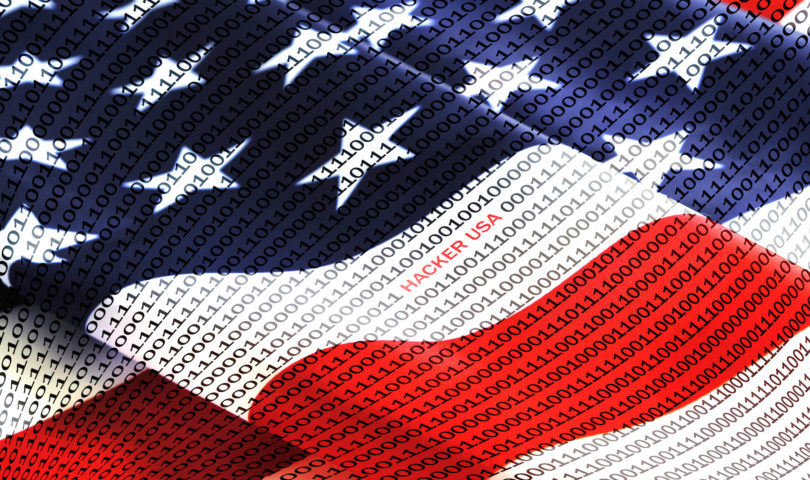Podcast: Play in new window | Download (Duration: 25:47 — 35.4MB) | Embed
In this episode of the podcast (#234) US Representative Jim Langevin (D-RI), joins Paul to talk about the flurry of legislation passed on Capitol Hill in recent months to boost the U.S.’s cyber defenses. Rep Langevin and Paul talk about how cybersecurity legislation receives bipartisan support -a rarity in Congress these days – and the challenges of protecting U.S. critical infrastructure in an age of sophisticated cyber adversaries like Russia and China.
As always, you can check our full conversation in our latest Security Ledger podcast at Blubrry. You can also listen to it on iTunes and Spotify. Or, check us out on Google Podcasts, Stitcher, Radio Public and more. Also: if you enjoy this podcast, consider signing up to receive it in your email. Just point your web browser to securityledger.com/subscribe to get notified whenever a new podcast is posted.
[MP3]
Political dysfunction is the Zeitgeist on Capitol Hill, where divisions between the two, main political parties have taken center stage and distrust runs deep after a violent attempt by supporters of former President Trump to overturn the November presidential election on January 6.
But even in these challenging times, there are areas of cooperation between the two major parties. One is cybersecurity, where recent months have seen progress in funding improved cyber readiness at the local level.
Episode 222: US Rep. Himes on Congress’s About-face on Cybersecurity
Cyber Policy: An Area of Agreement
One example is the Infrastructure Investment and Jobs Act, passed in November and signed into law by President Biden on November 15. That bill allocated $2 billion to improve the nation’s cyber defenses. That includes $1 billion in grants to improve state and local government cybersecurity and a quarter billion dollars each to fund cyber improvements in rural and municipal utilities and to develop advanced cybersecurity applications and technologies for the energy sector.

Another is the K-12 Cybersecurity Act, signed into law by President Biden in October. That bill instructs the Cybersecurity and Infrastructure Security Agency (CISA) to examine the risks and challenges that schools face in securing their systems. sensitive student and employee records and challenges related to remote-learning Using their findings, CISA is charged with creating cybersecurity recommendations and other voluntary resources for schools to use when implementing their cybersecurity solutions.
Episode 214: Darkside Down: What The Colonial Attack Means For The Future of Ransomware
Our guest on this week’s podcast is one of the co-sponsors of the K-12 Cybersecurity Act and one of the most outspoken advocates of investing in cybersecurity. Representative Jim Langevin of Rhode Island is an 11 term congressman and member of the Democratic party. A hawk on cybersecurity, Langevin was the driving force behind the creation of the nation’s first National Cyber Director – a role now filled by Chris Inglis – who principal advisor to the president on cybersecurity policy and strategy.
In this interview, recorded in January, Rep. Langevin and I talk about some of the achievements on the cybersecurity front in recent months and whether continued bipartisan cooperation on cybersecurity policy is possible. We also talk about the challenges of attributing cyber attacks and of securing US critical infrastructure like the US electric grid.
Report: Critical Infrastructure Cyber Attacks A Global Crisis
Representative Langevin recently announced his decision not to run for re-election. In this conversation, he and I talk about the evolution of cybersecurity as a national security issue and what lies ahead. To start out I asked Rep. Langevin about some of the recent headlines, including recent cyber attacks on Ukrainian government entities and – on the other hand – Russia’s arrest of alleged members of the REVIL ransomware groups.

